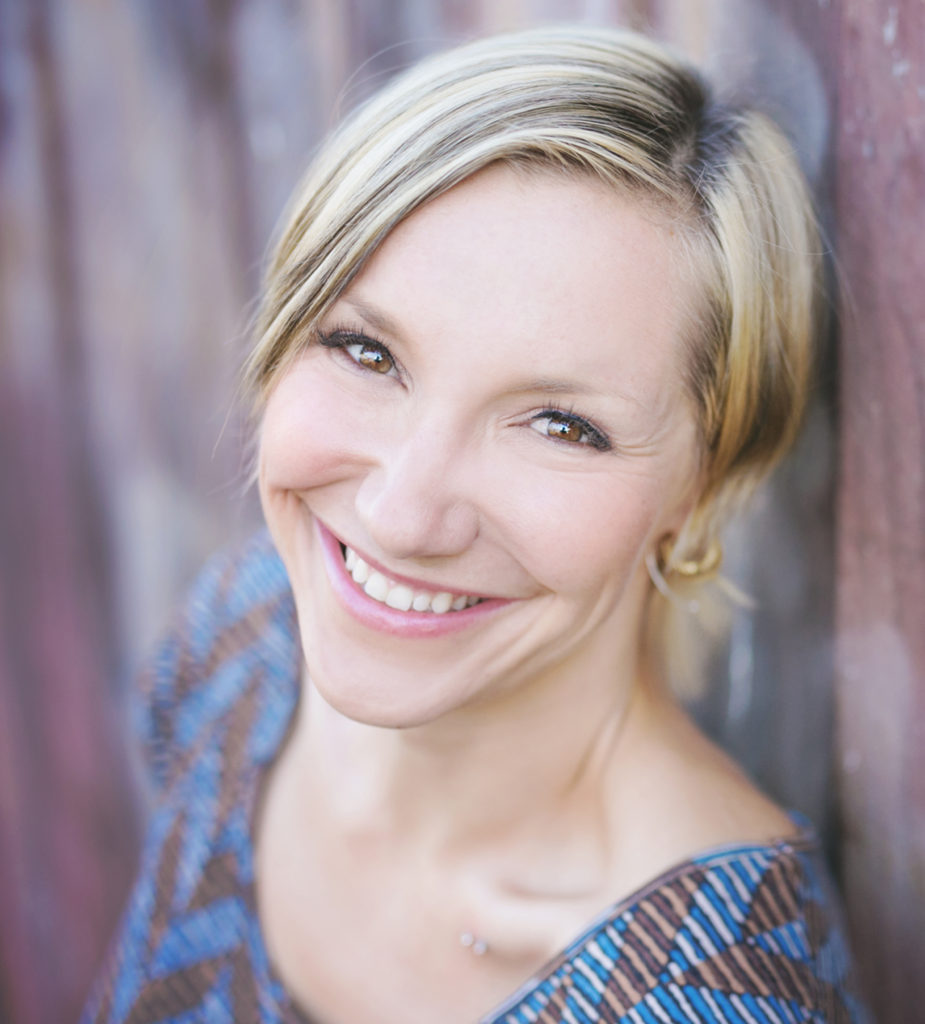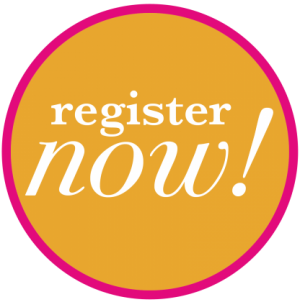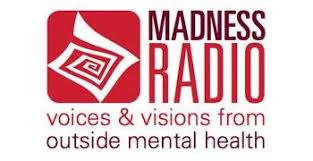Main Content
Recovering Our Families Online Class
An Online Home
A place to come and rest when weary. Connect, grow, and learn in the private spaces and classes. Know that this is a place you can reliably come to free from any pharmaceutical funding that can always be a source of information, inspiration, and connection.Get Tools
Attitude, sentiment, and heart are important ingredients, but sometimes you need concrete and practical tools. We offer worksheets, maps, planning processes, communication techniques, and other tools to help you in your journey.Crowd Source
Chances are you aren't the only one with the questions and needs you have. This is a space where you can ask and answer commonly shared questions and find and share information about resources. We're in it for the exploration of answers, together.Empower Yourself
Broaden your perspective. Knowledge is power. Read articles, watch videos, and hear interviews with great thinkers from around the world. Expand your idea of what "mental illness" means.Nurture Your Compassion
Find and share ways to grow and nurture your compassionate and hopeful self. Learn hope-inspiring strategies, methods to increase understanding and connection, and simple ways to practice strong boundaries and self-careGive and Get Peer Support
Share with others who are in similar situations. Make lasting connections with people who are searching for the same answers, and who can both inspire and also hold you accountable in reaching your goals for personal and family wellness, even amidst adversity.Graduate of the class? Join our private ongoing social networking site
What People Are Saying…
I would like to say that this course is by far and absolutely the best and most helpful resource I have found in my 20 years of searching and trying. Michelle
Krista, the development of “Recovering Our Families” in terms ideas, format, readings, videos, (the artwork was fabulous) and being addressed by your beautiful self is a masterwork of communication: personal, innovative, original and thorough. Judith Carrington - Founder Mental Health Resouces
This course - with its unique vision and innovative ideas, readings, videos and beautiful artwork - gave me the tools to support us both during a very difficult time. Through Krista’s compassionate facilitation, I became aware of strengths and resources I didn’t know I had - nor that my son had, even amidst what he was going through. I learned we are not alone. I have taken this course several times - and am immensely thankful for the community of support I found here. Irene Mock

About the Host
Hello, my name is Krista MacKinnon.
I consider myself a student of unconditional love. My work is shaped by 15 years of studying mental health recovery and supporting families in distress, as well as my own personal family experiences with mental health and psychiatric labelling. I created this program because I believe it is healing for families to connect and learn from one another when faced with the gifts and challenges of mental health distress.
Recovering Our Families Online Class
 This 8 week course introduces families to key recovery principles, leaders, research and resources that are trauma-informed and strengths-based. This interactive class combines emailed lessons with recovery exercises, videos, online resources and a password-protected website with facilitated group discussions and peer support. Due to the personal nature of the class, people are given the option to create a pseydonym and participate anonymously. Classes are offered to the general public 6X per year on the following dates:
This 8 week course introduces families to key recovery principles, leaders, research and resources that are trauma-informed and strengths-based. This interactive class combines emailed lessons with recovery exercises, videos, online resources and a password-protected website with facilitated group discussions and peer support. Due to the personal nature of the class, people are given the option to create a pseydonym and participate anonymously. Classes are offered to the general public 6X per year on the following dates:January 15th, March 15th, May 15th, July 15th, September 15th, and November 15th.
Private classrooms are offered to mental health organizations and treatment centers upon request at any time.
This course was written by Krista MacKinnon with support from Family Outreach and Response in Toronto Canada, and The Foundation For Excellence in Mental Health Care in Oregon, USA. We also partner with CooperRiis Healing Community in North Carolina, and HelpingMinds in Australia. If your organization is interested in partnership, please reach out.
Course Outline
1. Sharing Our Experiences
The first week covers the role of family in recovery, the difficult feelings that mental health challenges can evoke individually and within the family, an offering of a meditation practice for transforming challenging strong emotions into compassion, and an introduction to the tenets of family mental health recovery. Lessons include:
* Housekeeping items
* Introductions/Sharing Family Stories
* Guiding Principles of Family Recovery
2. Exploring Recovery Fundamentals
The second week delves into mental health recovery definitions, exploration of what people might be recovering from (beyond symptoms), barriers to recovery, recovery as a non-linear journey, and identifying strengths and challenges across life areas for individuals and family members. Lessons include:
* Fundamentals of Mental Health Recovery
* Looking at Roadblocks and Strengths
3. Understanding Mental Health
Week three focuses on examining beliefs about mental illness/challenges and recovery, exploring recovery as a universal human experience, understanding turnaround environments and people, looking at health and distress on a continuum, discussing factors that can affect mental health, and mapping individual and family recovery stages. Lessons include:
* Recovery Attitudes, Challenges and Turnaround People
* The Continuum of Mental Health
4. Harnessing The Power of Hope
At the halfway point of the course, we move towards recognizing and healing the qualities of hopelessness, dismantling learned helplessness, creating awareness of the danger of false despair, highlighting the importance of cultivating a hope practice, sharing hope-inspiring strategies, noticing the qualities of reasonable hope, and learning hope-building practices. Lessons include:
* Hopelessness & Learned Helplessness
* Making a Case for Cultivating Hope
* Your Hope Practice
5. Using A Strengths-Based Approach
We begin week five with a contemplative break and review of course material, next is an introduction to moving from a deficit-based orientation to a strengths-based perspective, then identifying strengths and virtues in self and others, and lastly learning techniques for practicing and eliciting strengths to support recovery. Lessons include:
* Contemplative Break
* Looking at Strengths
* How To Use a Strengths-Based Approach
6. Building Relationships Amidst Psychosis
Week six tackles understanding the experience of psychosis/altered states, searching for meaning in psychosis, creating connections across different realities/perceptions, and practicing and learning the skills of (non-violent) compassionate communication. Lessons include:
* Relationship Building Amidst Psychosis
* Communicating in Extreme Times
7. Creating Healthy Boundaries
Nearing the end of the course we look at exploring boundaries (flexible/strong, weak, broken), the importance of healthy boundaries in recovery, setting respectful boundaries and limits, honoring others’ boundaries, letting go of outcomes, and detaching with love and empowering the self and others. Lessons include:
*Boundaries
*Limits and Letting Go
8. Celebrating Recovery Stories
There are many people who have become well after being given a psychiatric diagnosis. This week points to the sometimes hidden truth of recovery by exploring true stories via video, audio and other web resources. Also covered is writing your own recovery story, reflecting our your experience in the class, and closing/wrap up. The last lesson is:
* Recovery Stories




